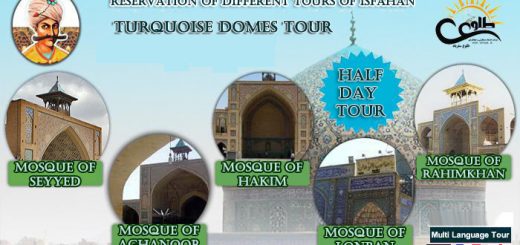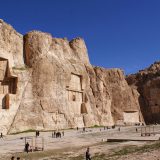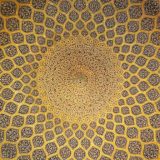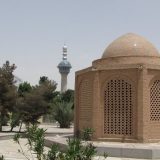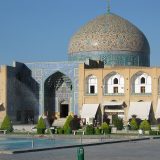Traditional food of Yazd
The five thousand year old city of Yazd located in the center of Iran is one of the greatest adobe cities of the world. It is one of the driest cities of Iran with the minimum amount of rain or snow falling; however, the dry climate of Yazd has been a blessing for it to get flourished in art and architecture. Recently, Yazd has been inscribed on UNESCO’s world Heritage List as a priceless adobe city embracing many pre-Islamic and Islamic attractions. Yazd, the city of wind catchers is also well-known as the jewel of desert. It is a “do not miss destination “for tourists who travel to Iran.
Literally, Yazd means holy and sacred. The city of Yazd has taken its name from Sassanid ruler “Yazdgerd the 1st”. During Sassanid dynasty, Zoroastrianism was the dominant creed of Yazd people. Today, there are some Zoroastrian attractions in Yazd such as Zoroastrian fire temple (Atashkadeh) that is believed to have a fire burning since 470 AD, and towers of silence (Zoroastrian’s Dakhmeh). Towers of silence are located out of the city of Yazd and they are not in use today; however, once these two circular structures on the top of two adjacent hills were places to leave the dead bodies for scavenger birds to pick at.
Yazd is one of the greatest adobe cities of the world
To survive the hot summer days, Yazd architects designed wind catchers (wind towers) called Badgir in Persian. The wind catchers act like natural ventilators. They are in shape of high structures designed to cool the inner environment of the houses by receiving the wind; cooling it, and directing
the stream of cool wind into the inner spaces. Usually




